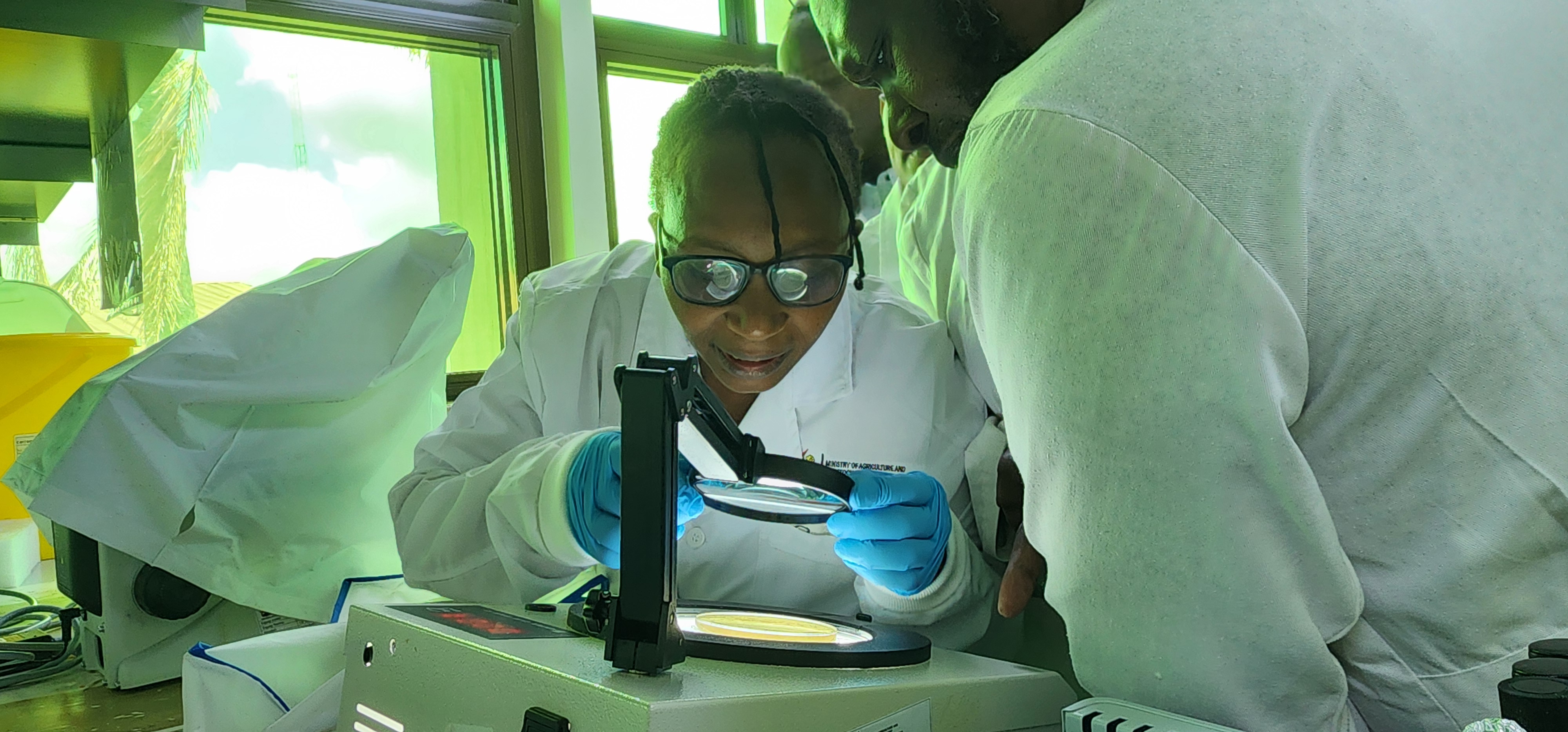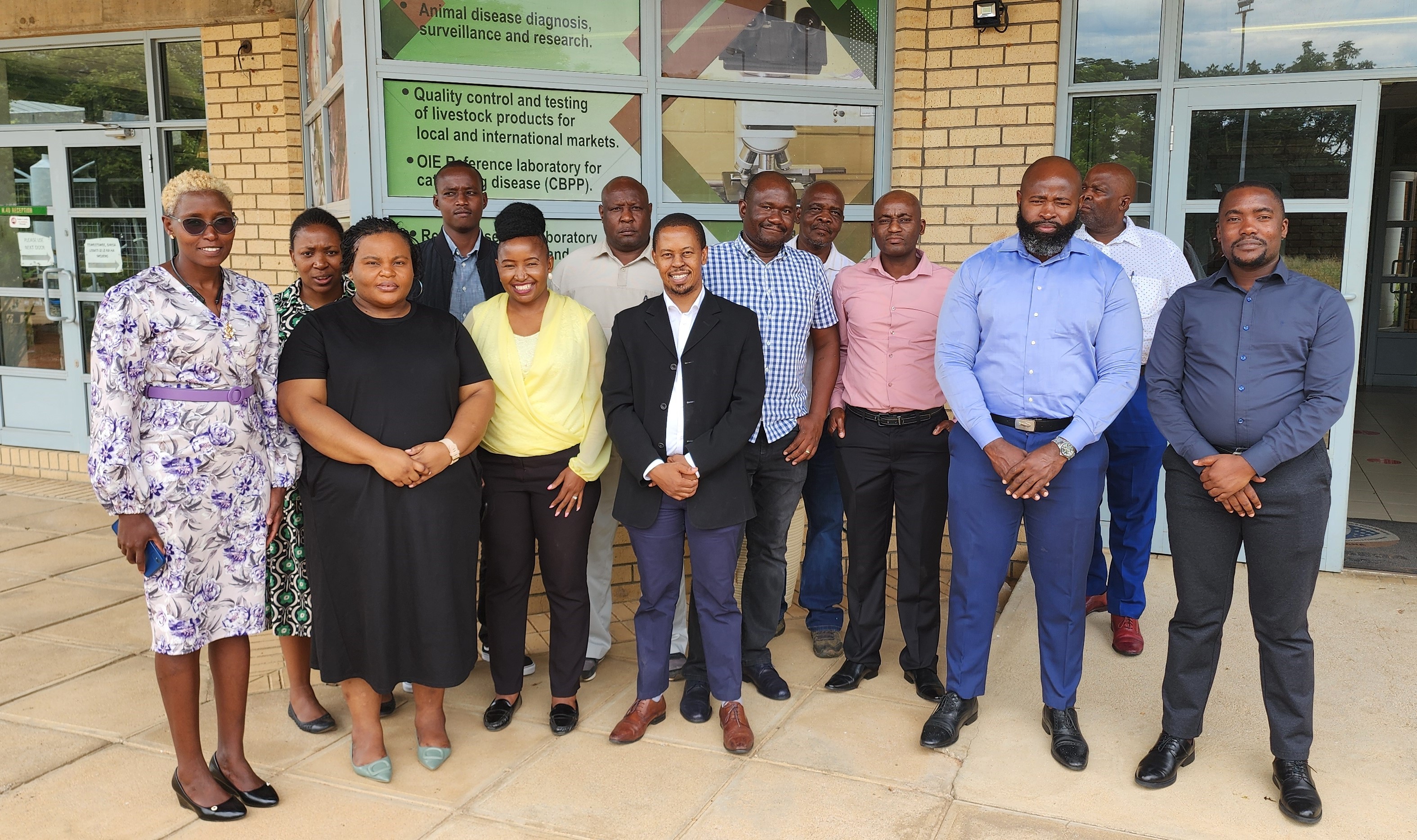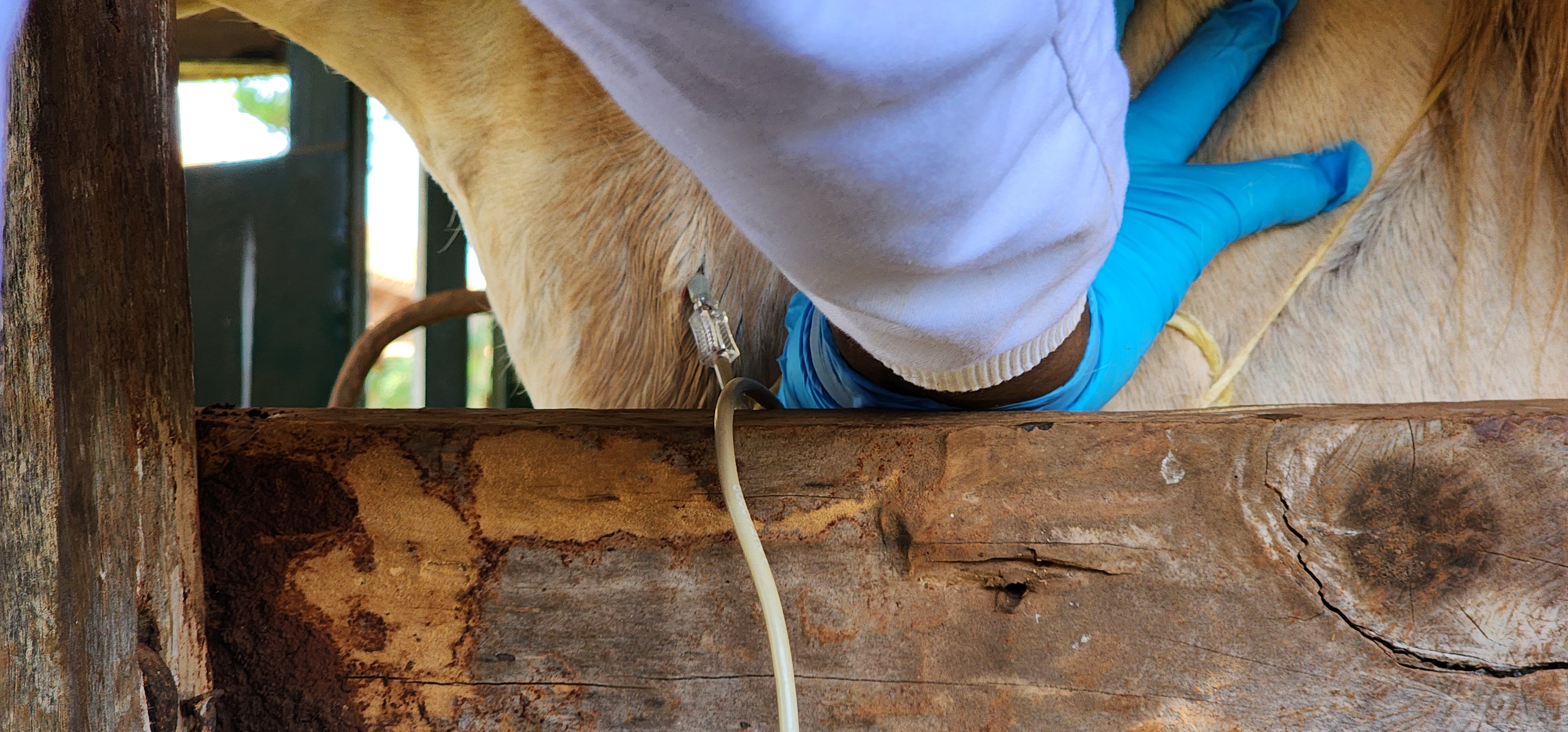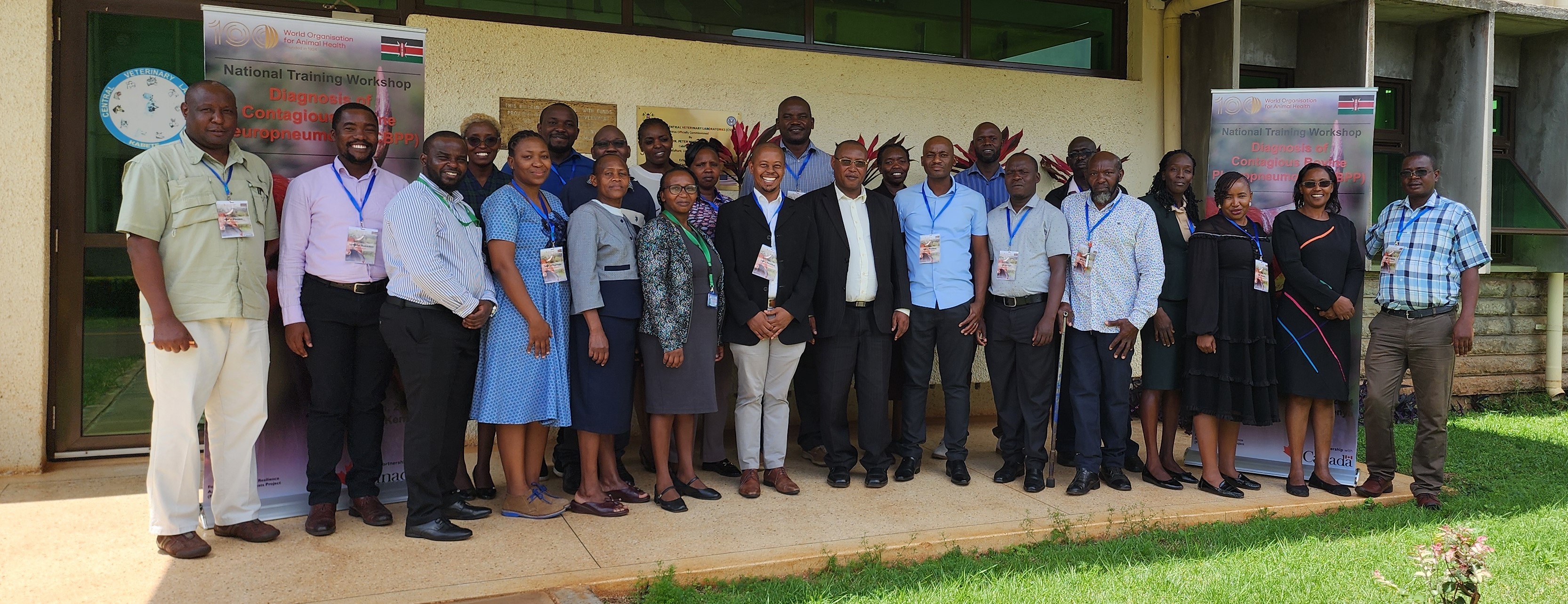
In a significant stride towards bolstering Kenya’s diagnostic capabilities, the World Organisation for Animal Health (WOAH) recently supported a training focusing on the diagnosis of Contagious Bovine Pleuropneumonia (CBPP). This vital training, conducted in collaboration with experts from the Botswana National Veterinary Laboratory (BNVL), a WOAH Reference Laboratory for CBPP, aimed at fortifying Kenya’s diagnostic and investigative prowess in combating this infectious respiratory disease of cattle.
The training commenced with a comprehensive Training of Trainers (ToT) session held at BNVL from 5-9 February 2024. This session paved the way for subsequent in-country training, hosted at Kenya’s National Veterinary Reference Laboratories (NVRL) Kabete from 4-15 March 2024. This was facilitated by the trained trainers with support of BNVL experts. These sessions provided a platform for scientists from Kenya’s national and regional veterinary laboratories to enhance their proficiency in CBPP diagnosis, emphasising the importance of proper sample management and disease diagnosis protocols.
Group photo of participants together with the various laboratory managers during the training of trainers at BNVL. Picture © I. Busuulwa (woah) 2024
Photo of a participant extracting horse serum to be used for culturing the bacteria. Picture © I. Busuulwa (woah) 2024
According to the WOAH Terrestrial Manual, CBPP is a highly infectious and contagious respiratory cattle disease caused by Mycoplasma mycoides subsp. mycoides (Mmm) with a major impact on livestock production and a potential for rapid spread. As a result, CBPP-infected countries are excluded from international trade of live animals. The bacterium causing this disease is also listed on the Australia Group list of human and animal pathogens and toxins for export controls, given the concerns about its potential use in the context of biological weapons development. This underscores the urgency of establishing effective diagnosis and disease management strategies. Training on diagnostics for CBPP not only strengthens the response to this specific disease but also enhances the overall diagnostic capabilities for other significant cattle diseases.
Looking ahead, Kenya is committed to investing in CBPP diagnosis infrastructure at both national and regional levels. Furthermore, the country will further resume its participation in CBPP inter-laboratory proficiency testing (ring trials) that are coordinated by BNVL and IZS Teramo (both WOAH Reference Centres), ensuring continuous improvement and alignment with international standards.
The CBPP diagnosis training is one of Kenya’s activities under the Fortifying Institutional Resilience Against Biological Threats (FIRABioT) project, funded by Global Affairs Canada’s Weapons Threat Reduction Program – in support of the Global Partnership Signature Initiative to Mitigate Biological Threats in Africa.





